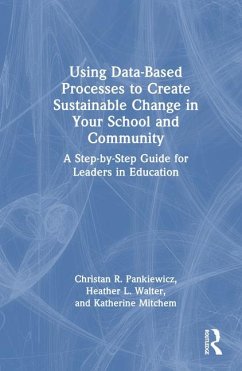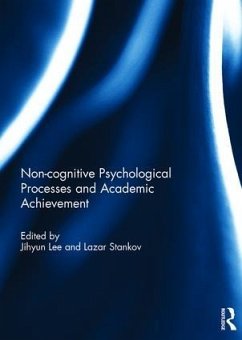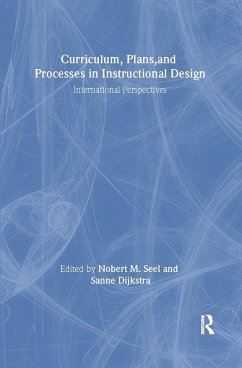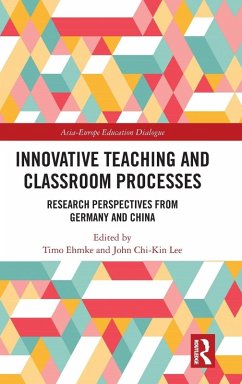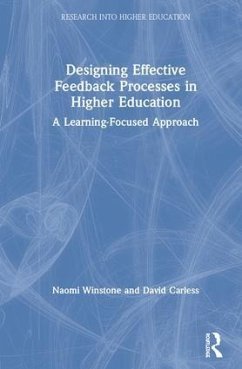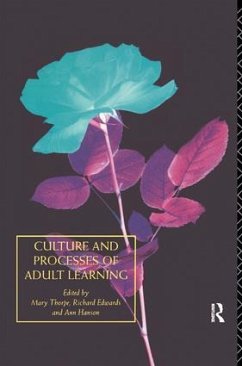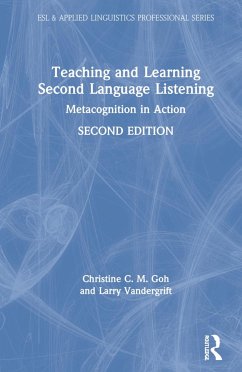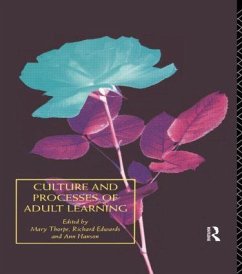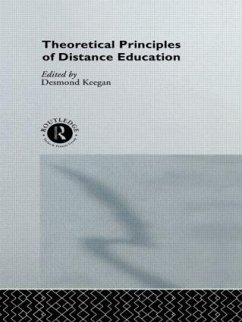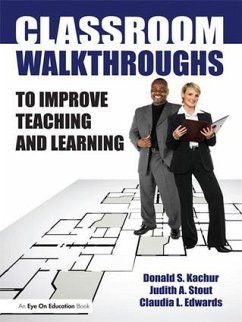Nicht lieferbar
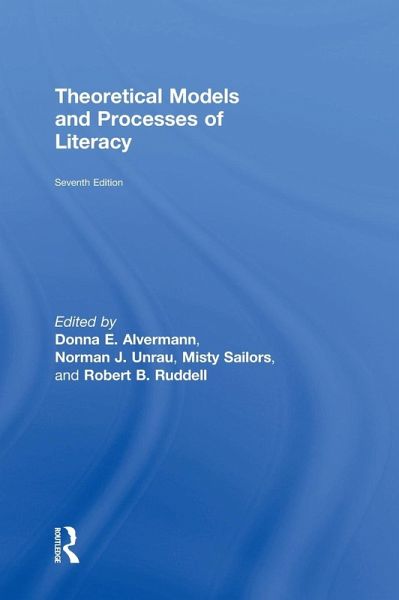
Theoretical Models and Processes of Literacy
Versandkostenfrei!
Nicht lieferbar
The Seventh Edition of this foundational text represents the most comprehensive source available for connecting multiple and diverse theories to literacy research, broadly defined, and features both cutting-edge and classic contributions from top scholars. Additional archival essays from previous editions are available on the book's webpage.






